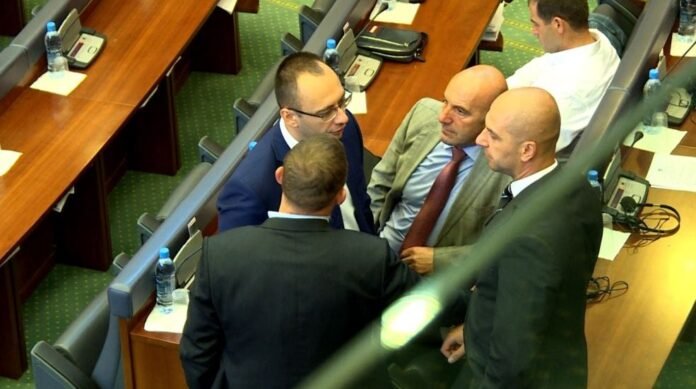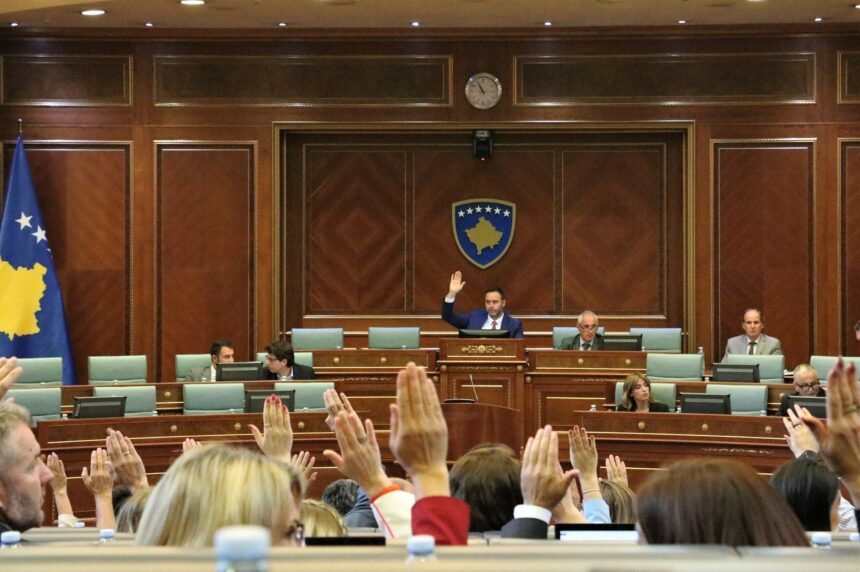Kosovo is the youngest country in Europe. However, despite this, it sets an example of democracy, not only on the European continent but globally.
This is achieved by offering unique rights to minorities, ensuring they feel well-represented in the new democracy.
The Parliament of the Republic of Kosovo is made up of 120 members, representing all the minorities living in Kosovo.
In fact, minorities even have guaranteed seats, regardless of how many votes they receive.
An especially unique case is the Serbian minority, which, according to the most recent 2024 population census, represents only 2.31% of the total population. Despite this, this minority is guaranteed 10 seats in the Kosovo Parliament, which amounts to 8.33%.
But, there is a paradox here: Serbian representatives in the Kosovo Parliament, despite holding guaranteed seats, do not recognize Kosovo as a sovereign state. This creates an ironic situation where members of a minority group, who refuse to accept the country’s independence, have a significant voice in the very parliament of the state they deny.

Even the vice president of “Lista Srpska,” Milan Radojcic, along with a large number of criminals armed with heavy weaponry, attacked Kosovo on September 24, 2023, killing a police officer and engaging in combat with the Kosovo Police Special Unit. He remains free and protected in Serbia, by none other than President Aleksandar Vučić.

However, this system allows minorities to be active participants in decision-making processes and demonstrates Kosovo’s commitment to an inclusive democracy and a multi-ethnic state, despite Albanians comprising 91.76% of the population.
Even though, this is often criticized as “excessive democracy” because it allows for over-representation in the parliament.







